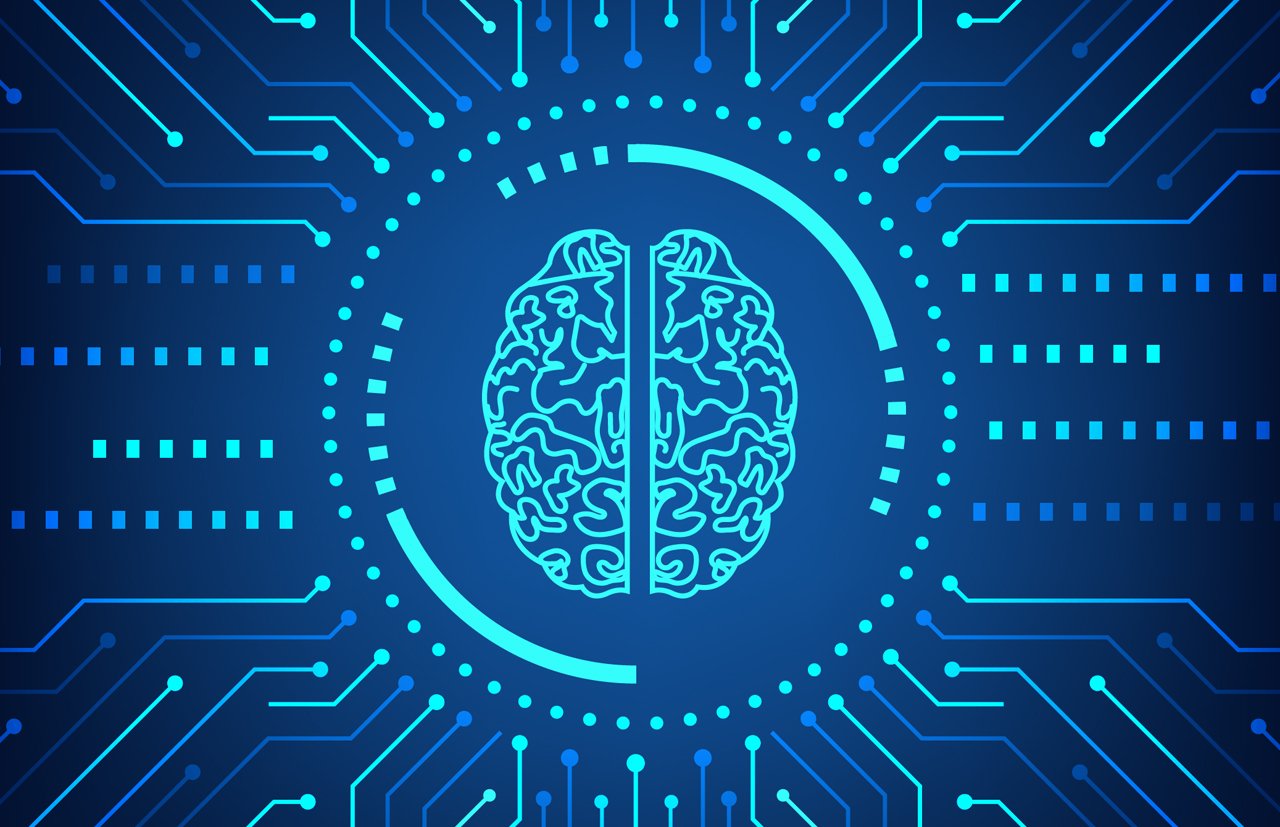A look at how cognitive computing systems will help enterprises leap ahead.
Enterprises face complex business problems and most of the decision support systems they have been using may not have the answers to these issues or provide solution options that they can quickly adopt and overcome the challenges. This is where cognitive computing comes handy—where the challenges are ambiguous and situations are complex and the right decisions need to be made quickly for positive business outcomes.
Cognitive computing is a lot like artificial intelligence, as it has to have a combination of machine learning, deep learning, natural language processing and vision among others to emulate the human brain and improve upon the decision-making that humans are capable of. Cognitive computing systems are adaptive, interactive and programmed to be iterative. They are capable of identifying and analysing the context, and process a whole range of contextual elements that could include time, domain, syntax, user profile, rules and regulation among other parameters and enable better decision-making. They have to make sense of various data types that could include text, video, and pictures to draw actionable insights and provide the right inputs for business decision-making.
Today there are at least half a dozen vendors already offering cognitive computing services or cognitive computing features in their software suites. It’s a burgeoning market, which is predicted to grow to $47 billion by 2020. Public safety and emergency response, pharma research and drug discovery, diagnosis and treatment systems, supply chain and logistics, quality management, investigation and recommendation systems, and fleet management are some of the areas that will benefit from cognitive computing systems in the years to come.
The difference between cognitive computing and AI is that AI solves a particular problem the way humans would, while cognitive computing learns by identifying and studying patterns. AI will go ahead and complete a task. Cognitive computing goes a step further. It assesses a situation from all angles, provides the intelligence and options in terms of the various actions a human can take to solve a business problem. It’s left to the human decision-maker to choose the right option and initiate the necessary action. With cognitive computing data analysis within enterprises will get more accurate. As cognitive computing is designed to sift through and analyse, cross-reference and juxtapose humongous amounts of data, the insights it provides is far superior to those of traditional decision support systems. Cognitive computing systems in enterprises can help put in place processes that are leaner and more efficient.
However, there are many challenges associated with cognitive computing. Information security is a critical challenge as cognitive computing involves processing large volumes of data. Also, the development cycles involved in implementing cognitive computing can be long and involve costs. Change management can also be a challenge as cognitive computing solutions bring in human like capabilities and it will be hard to get employees to work with systems that pretty much think the way they do. But one thing is for sure. As various surveys and predictions suggest, enterprises will embrace cognitive computing in the years to come as they pursue new efficiencies and maintain competitive edge.
Photograph: Freepik.com


